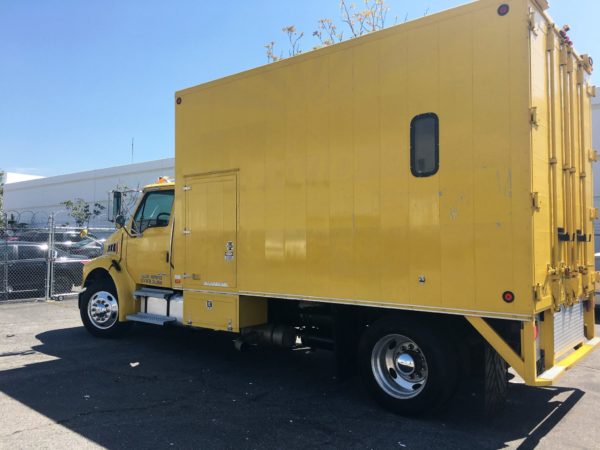
Business Valuation-Document Shredding Businesses.
Recently I exchanged emails with the owner of a document shredding business. He asked me to explain the logic behind current business valuations for document shredding businesses. I show his questions and my answers below.
Why are business valuations stated as a multiple of revenue?
Most buyers actually calculate a recast EBITDA number when they are considering the acquisition of a document destruction business. EBITDA is an acronym that means Earnings Before Interest, Taxes, Depreciation and Amortization and is a measure of the free cash flow of the business. They multiply the recast EBITDA number by around 4-5 to arrive at a value for your business. So it is easier for the seller to understand, they divide the value they’ve determined by your total revenue. Then they present their offer as a multiple of total revenue. A typical multiple for a document shredding company is 1.5-1.7 times total revenue. The multiple of revenue valuation they present in their offer is based on the conclusion of their EBITDA analysis. It is not the starting point for their offer.
Which assets are included in the sale of the business?
At the valuation multiple mentioned above (1.5-1.7 times), the trucks, containers and any other equipment used to generate your revenue are typically included in the transaction. You’d pay off all truck debt (or remaining lease payments) at closing using your own funds or down payment funds provided by the buyer. The buyer would receive free and clear title to the trucks once closing was complete. Other assets included in the sale are shown below.
Tangible assets
- trucks
- bins and containers
- hard drive shredding equipment
Intangible Assets
- customer lists including contact information
- customer agreements and contracts
- books and records
- goodwill
- website, phone numbers, fax numbers and email addresses
- company name
- seller non-compete agreement
Which assets are excluded from the sale of the business?
Normally at these valuation levels, you’d keep all accounts receivable (AR), accounts payable (AP) and cash in the bank as of the day of closing. The buyer would assume responsibility for those items after closing. Recycled paper inventory is often liquidated by the seller prior to closing and in essence, becomes AR. Every buyer is different and occasionally they want to retain some level of working capital or current AR. Other assets excluded are show below.
Tangible Assets
- office furniture and computers (sometimes but not always)
- cash in company accounts as of the day of closing
- accounts receivable as of the day of closing (you keep accounts payable thru closing as well)
- seller owned real estate
Some buyers don’t want to purchase shredding trucks for a variety of reasons (age, make, model). If you agreed to remove the trucks from the transaction and sell them independently of the remaining assets, then the equation changes. The purchase price and hence the 1.5-1.7 times multiple would be lower, by the value of the trucks. You wouldn’t need to pay off the truck note balances until you sold them to another buyer.
The value of your real estate is excluded under this valuation method. If a buyer is interested in purchasing your real estate, it would be in addition to the value of the business.
Asset Sales versus Stock Sales.
Most buyers prefer asset purchases over stock purchases in small business transactions. In an asset purchase, the buyer isn’t purchasing the stock of your corporation, just the assets of your corporation. As a result, the buyer does not inherit past liabilities such as workers comp issues, lawsuits, warranties, unpaid liabilities, etc. After closing, you’d still own the corporate shell of your business. Asset purchases frequently minimize tax consequences as well.
Summary.
Keep in mind, these are the terms under which the business is offered in a memorandum to the buyer. Anything is negotiable as part of the sales process. As a result, the terms of purchase are frequently different than the terms of the offering. Every circumstance is different and “rule of thumb” valuation multiples can’t be applied across the board, as all businesses are unique.
I hope that helps in your understanding of valuation for document shredding businesses and valuation of small businesses in general.
Tim Greene
Business Broker and Consultant
DeFoor Business Services




 Corporate Office
Corporate Office